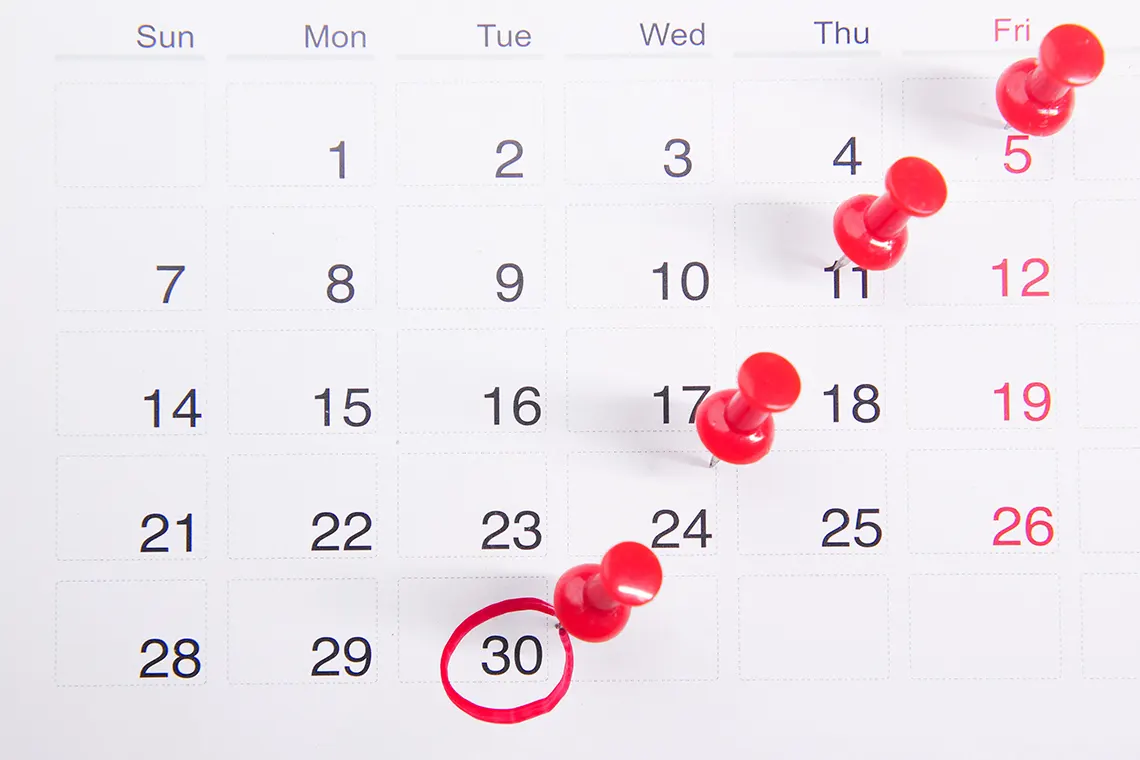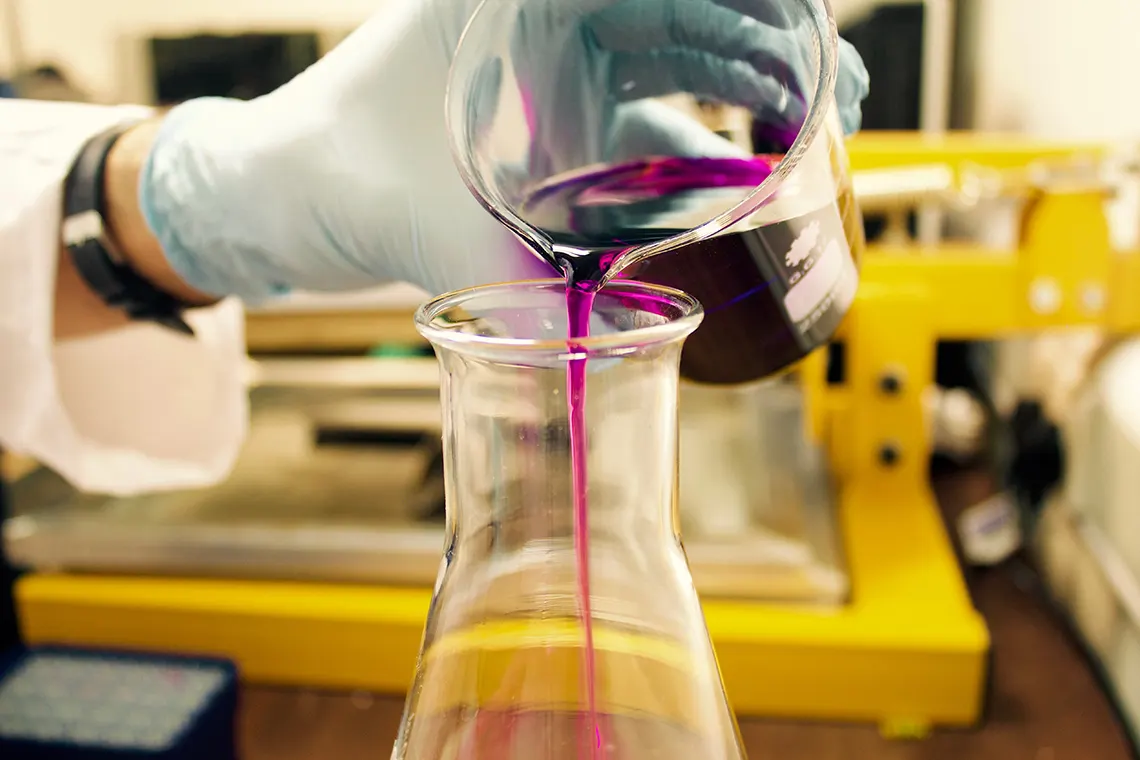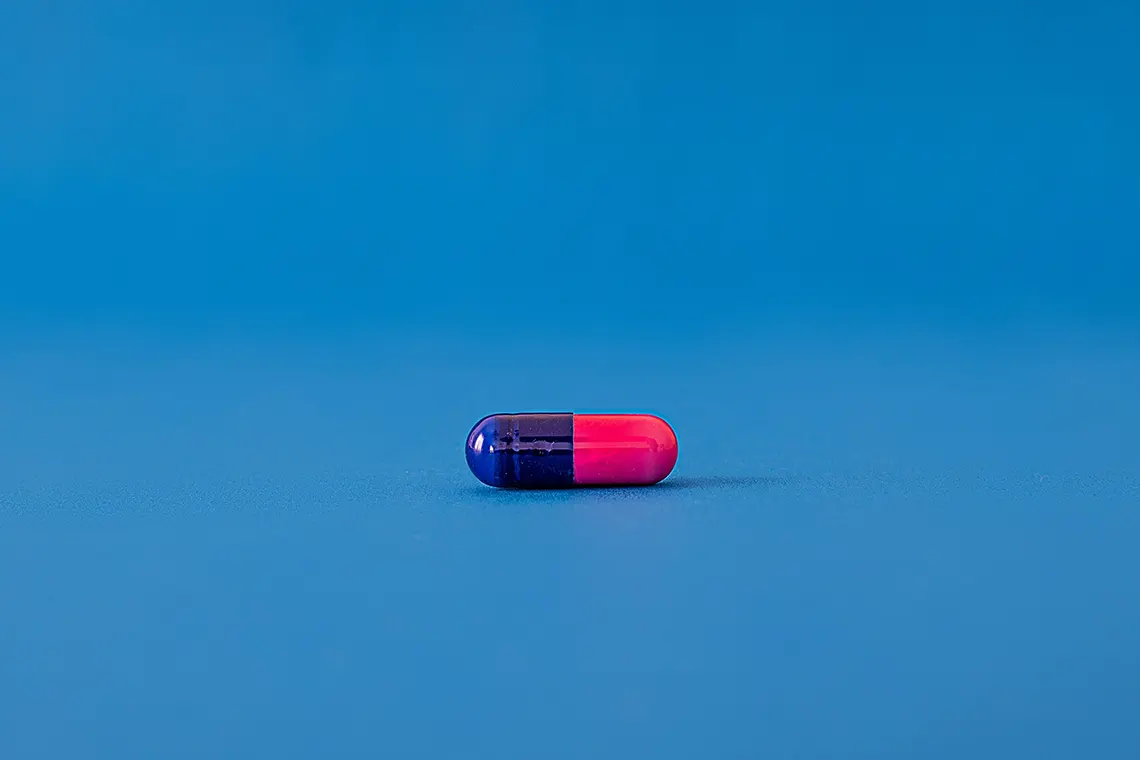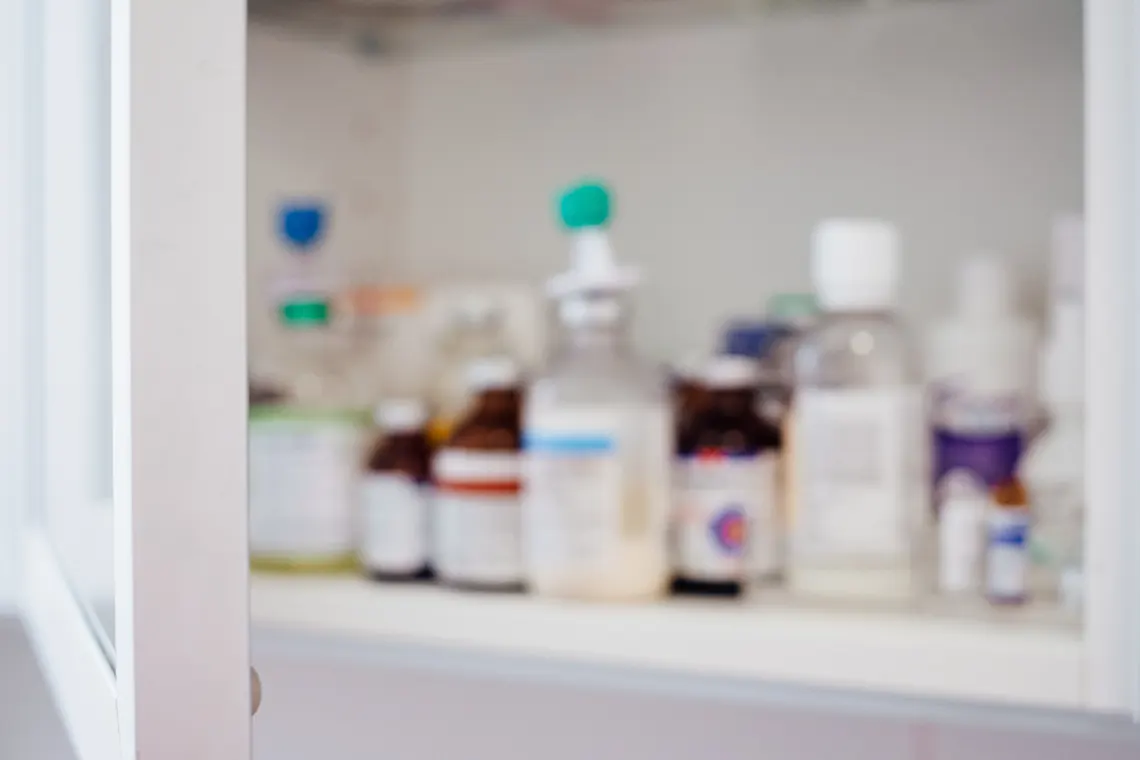
How long can CBD stay in your system?
Cannabidiol (or CBD) is an alternative plant-based treatment with as many benefactors as detractors. It’s a result of the confused state of the research on the subject. The overall scientific consensus is that CBD may indeed provide certain medical benefits, but we don’t quite understand how. It may yet prove to be problematic in other areas. Only time will tell.
Naturally, this hasn’t stopped interested parties from adopting the treatment worldwide.
CBD products have flooded the market in recent years following their steady legalisation. Some of the most popular forms include oils, vapes, creams, tinctures, edibles and more.
A key concern of most potential consumers is how long the substance can stay in their system. This may stem from a concern of residual side effects or being subject to regular drug testing. As we’ll soon find, this is an area that’s dependent on a few important factors.
The best way to get informed on CBD is to chat with your doctor. They can help you:
- determine how long CBD might stay in your system
- what kind of CBD product you should use
- manage the potential negative side effects.
For now, let’s take a look at the treatment itself and discuss the kind of factors affecting how long CBD can stay in your system.
What is the CBD treatment?

The foremost element of any CBD treatment is CBD or cannabidiol. It’s a natural compound found in resins produced by cannabis and hemp plants. Manufacturers extract cannabidiol and delta-9-tetrahydrocannabinol (THC) using carbon dioxide, ethanol and other means.
These methods are distinct in their ability to extract a wider or more narrow range of the 100+ compounds found in these plants. Those include terpenes, flavonoids and others.
The only additional compound to be carefully considered is THC.
This compound:
- can induce an intoxicating ‘high’
- is potentially more likely to cause other negative side effects
- may interfere with the potential therapeutic benefits of CBD.
Ask your doctor about full-spectrum, broad-spectrum and isolate CBD. The former two contain THC, while isolates are pure CBD. Note that there is some evidence to suggest that CBD and THC may boost each other’s medical benefits. Scientists call this ‘the entourage effect.’
On the contrary, cannabidiol itself can also cause a few negative side effects. These are thought to be mild when they do occur but include nausea, anxiety, headaches, dry mouth and diarrhoea.
CBD research has produced a lot of contrary results overall. Most studies agree that the substance is safe for consumption, but its potential benefits are more uncertain and situational.
How long does CBD stay in your body?

Cannabidiol is thought to be detectable in the body for around 3 – 5 days after consumption.
However, this depends on the likes of your:
- diet
- medications you may be on
- dosage and frequency of use
- how you take CBD.
The effect of diet is significant. The long and short of it is this: your body processes CBD far more quickly on an empty stomach. On the other hand, regularly eating foods with a high fat content will increase the half-life of cannabidiol. This is the time it takes for the level of a substance in your body to be reduced to half.
Cannabidiol is broken down by our livers. This may affect other medications broken down by the liver, causing them to be processed too quickly or too slowly.
CBD collects in our fatty tissue. That means that the substance builds up over time. Frequent, prolonged use will naturally slow down the time it takes for the body to process it. The same of course applies to how much CBD you’re using. The more you take, the longer it stays in your system.
Finally, any method of administration that works its way through the digestive system (such as edibles) takes a longer time to leave your body.
Where do I get the CBD treatment?
Cannabidiol is only available via a doctor’s prescription. The Australian Government currently classifies most CBD products as Schedule 4 drugs.
That is set to change, however. An inclusion of Schedule 3 cannabidiol has been announced for products that fit the bill as low-dose isolates. This means that said products will be available for over-the-counter purchases. There are no products that meet the description as of yet.
Regardless, your doctor can help you decide if cannabidiol is an appropriate treatment for your condition. They can also work with you to develop a dosing routine based on your condition, age, height, weight, body fat percentage and the medications you currently take.
Just remember to temper expectations based on the state of the research. For now, we don’t know enough for doctors to regularly recommend cannabidiol usage to everyone.
It will take years of research to determine:
- the most effective use cases for cannabidiol
- exactly how CBD and THC interact with each other
- which products are most effective for treating which conditions.
As your doctor will surely note, most experts recommend small starter doses. This could be anywhere from 5 – 20 mg of CBD per dose.
How long does CBD stay in the system?
There’s no certainty as to how long cannabidiol will remain detectable in your system.
Generally, this is around 3 – 5 days, however, your mileage can vary significantly and frequent usage will ensure the compound is always detectable.
It’s all dependent on your product, dosing patterns, diet, the medications you take and more. That’s why it’s so important to thoroughly discuss and plan the treatment with your doctor before committing to it.
Keep in mind that research on the field is still lacking. We have an idea of the compound’s potential medical benefits but are lacking an understanding of exactly how it works and why it affects people so differently.

